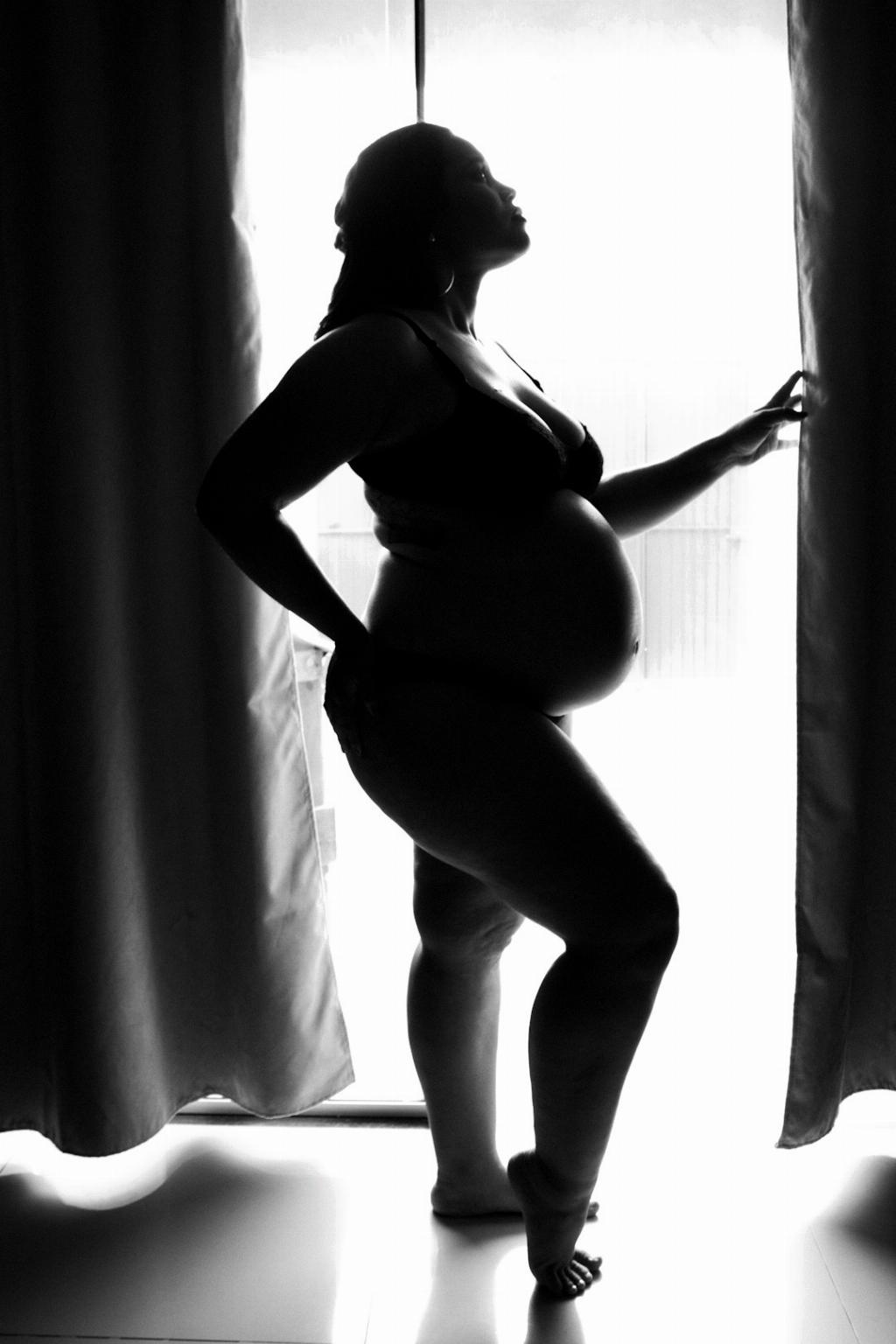When discussing ectopic pregnancies and their potential complications, one crucial aspect to consider is the timing of ectopic rupture. This phenomenon, where the fertilized egg grows outside the uterus leading to a rupture in the surrounding structure, can have significant consequences for the individual carrying the pregnancy. Understanding when this rupture is most likely to occur can help in early detection and prevention of severe complications.
Research and medical literature have shown that the most common week of ectopic rupture falls within a critical period between 6 to 16 weeks of pregnancy. During this timeframe, the developing structure housing the fertilized egg is under increasing pressure as the pregnancy progresses. The delicate balance between growth and available space can lead to a rupture, resulting in severe bleeding and other complications.
It is vital to highlight that the exact week of ectopic rupture can vary from case to case. Factors such as the location of the ectopic pregnancy, the rate of growth of the structure, and the overall health of the individual can influence when a rupture may occur. However, statistical data and clinical observations consistently point towards the 6 to 16-week window as the most common period for this complication to arise.
Early detection of ectopic pregnancies and close monitoring can play a crucial role in identifying potential signs of rupture before it occurs. Symptoms such as sharp abdominal pain, vaginal bleeding, shoulder tip pain, and dizziness can indicate a potential rupture and should not be ignored. Seeking immediate medical attention when experiencing these symptoms is paramount in preventing further complications.
Healthcare providers emphasize the importance of routine prenatal care and early ultrasound screenings to detect ectopic pregnancies early on. By confirming the location of the pregnancy and closely monitoring its development, medical professionals can intervene promptly if any signs of rupture or other complications arise.
Individuals who have previously experienced an ectopic pregnancy or have risk factors for developing one, such as a history of pelvic inflammatory disease or previous tubal surgery, should be particularly vigilant about monitoring their symptoms during early pregnancy. Early recognition of warning signs can significantly impact the outcome and reduce the risk of severe complications.
In cases where an ectopic rupture does occur, immediate medical intervention is crucial. Surgical procedures or medical management may be necessary to address the rupture, control the bleeding, and preserve the individual’s health. Timely access to emergency care and skilled medical professionals are essential in managing the aftermath of a ruptured ectopic pregnancy.
It is important for individuals to be aware of the risks and potential complications associated with ectopic pregnancies, including the possibility of a rupture. By understanding the common timeframe when ruptures occur and being proactive in monitoring symptoms and seeking medical attention, individuals can play an active role in safeguarding their health and well-being during pregnancy.
Ultimately, the most common week of ectopic rupture is a critical period between 6 to 16 weeks of pregnancy. By staying informed, being attentive to symptoms, and prioritizing early detection and medical care, individuals can navigate the challenges of ectopic pregnancies with greater awareness and preparedness.
Overall, awareness, education, and proactive healthcare are key components in managing the risks associated with ectopic pregnancies and potential complications such as ruptures. By staying informed and seeking timely medical assistance, individuals can take proactive steps towards protecting their health and well-being throughout their reproductive journey.

